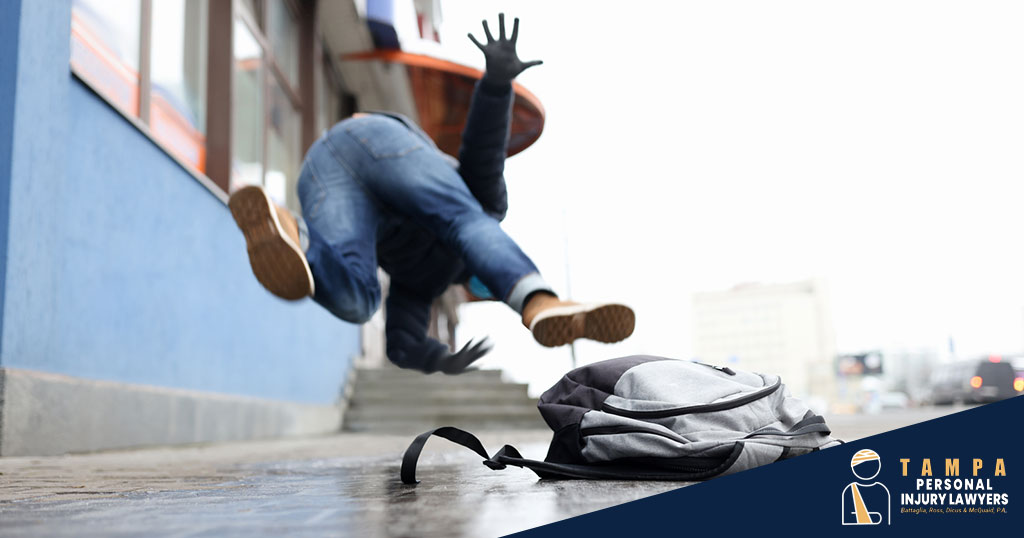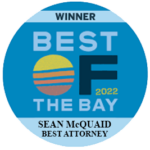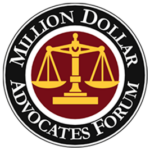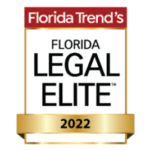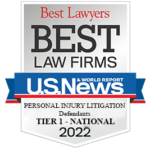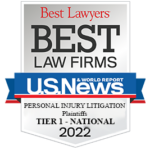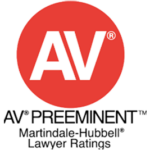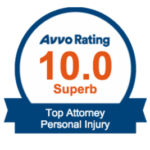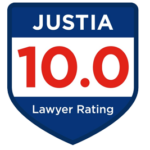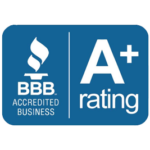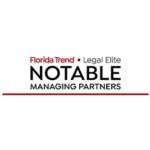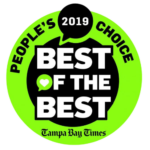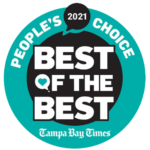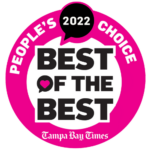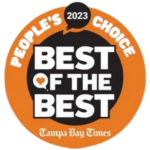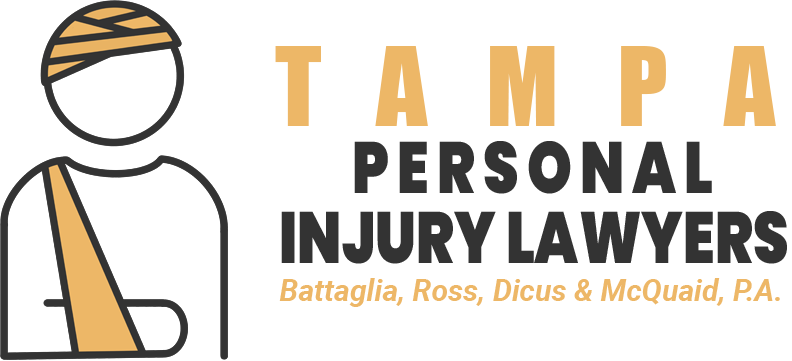If you are injured on someone else’s property, you can hold the property owner accountable for your losses.
Property owners have a duty to ensure their premises, or property, are safe for visitors. Failing to ensure their property is safe can make them liable for negligence. As a result, they might be legally responsible for damage compensation to an injury victim who incurred damages on their property.
If you were injured on someone else’s property, it’s best to consult a skilled Tampa Premises Liability Attorney who can help you get the compensation you deserve.
Table of Contents
ToggleWhat Is Tampa’s Law on Premises Liability?
Premises liability is the idea that landowners and occupiers are legally obligated to keep their properties safe. It can apply to commercial and residential properties.
Tampa law asserts that property owners are responsible for maintaining a premise or property in a reasonable condition without hazards. Examples of property owners are tenants and shop owners. Hotels, retail stores, grocery stores, and office buildings can also be sites for premises liability. Any property owner who fails to maintain a safe premise for visitors can be found negligent.
Definition of Visitor (For Premises Liability Purposes)
Any individual, small business, big business or government body can be the defendant in a personal injury lawsuit if an injury occurs on their property. Florida law requires all property owners to maintain their premises safe for visitors. But who is considered a visitor?
In Florida, there are three categories of visitors: invitees, licensees, and trespassers. Here is an explanation of the three different types of visitors:
Invitees
There are two different types of invitees according to Florida’s legal definitions: public invitees and business invitees:
- Public invitees – any person invited to property that is intended to be for public use wherein the owner must warn them of any known hazards. If there were any danger, the owner should have known about it and taken measures to correct or eradicate the hazards. Any person attending a public park or public event such as a fair, festival or market, is considered a public invitee.
- Business invitees – business invitees are invitees who visit property for business purposes. Property owners owe them a duty of care to maintain the property free of dangerous conditions, just like for public invitees. An example of a business invitee would be going to an office of a professional, such as an accountant or dentist. Shopping malls, water parks, restaurants, and other places where you’re the customer, you’re also a business invitee.
Licensees
Like invitees, there are two distinctions of licensee visitors invited and uninvited licensees.
- Invited licensees: include family members, friends, social guests and acquaintances that you’re invited to. They are invited to someone’s house or personal property. Under these circumstances, the property owner has a legal obligation to their invited licensees to protect them from dangerous conditions. That also includes protection from a third-party crime.
- Uninvited licensees are visitors to the properties who come for their own purposes. For example, a delivery driver is an uninvited licensee. While property owners have a lesser duty of care to uninvited licensees, they still have an obligation to keep premises safe for them.
Trespassers
Even trespassers are considered visitors for legal purposes. A trespasser is someone who enters another’s property without permission. While they are protected from intentional harm they don;t have any other rights. So, a property owner cannot shoot a trespasser. But any harm that occurs to the trespasser is not legal responsibility of the owner. The exception to this rule is if the trespasser is a child.
What Is Tampa’s Non-delegable Duty Premises Liability Law in Florida?
A land or property owner’s duty to maintain a safe premise is “non-delegable.” That means even if they hire a third party to maintain the property, they can still be liable for conditions that led to a visitor’s injuries.
A Tampa Premises Liability Attorney Can Help You With A Personal Injury Claim
Let’s say a business owner has a dangerous staircase in their store. They had a duty to take all reasonable steps to prevent their visitors from harm or injury. That is considered negligence if they did not fix the stairs before allowing visitors onto their property.
The burden of proof lies with the owner, lessor, or occupier to show they took all reasonable precautions to prevent injuries on their property. If they fail to do so, they can be held legally responsible for personal liability.
A Tampa Premises Liability Attorney can assess your case details and determine if you have valid grounds for a personal injury claim. If so, they can work with you to prove that the property owner’s negligence caused your injuries.
A Tampa Premises Liability Attorney Can Help You Prove Negligence
Just because you are injured on someone’s private property that’s not enough to have a solid premises liability case. You’ll need to prove that the owner, lessor, or occupier had a duty to maintain a safe property and failed to do so. In other words, you need to prove that they were negligent.
If the property owner took reasonable steps to ensure your safety, they might not be liable for your injuries. For example, if a grocery store puts up a “caution, wet floor sign,” that means they took the necessary steps to warn customers of a potential hazard. Therefore, the customer should have stayed away or taken precautions while walking in that area. Consequently, you might be unable to hold them accountable for a slip and fall injury.
The bottom line is that to hold a property owner accountable for your injuries, you need to prove negligence. This is where a Tampa Premises Liability Attorney can help you. They have experience and expertise in this area of law and know how to find supporting evidence of the property owner’s negligence.
What Situations Give Rise to Premises Liability Claims in Florida?
There are numerous scenarios when a premises liability claim might apply in Florida. Here are a few examples:
- A visitor who drowns in someone’s pool
- Pool-related accidents (such as at a hotel or gym)
- Slip and fall accidents
- Many slip injuries result in severe injuries like broken bones and head trauma.
- If a crime is committed against a visitor
- A dog bite injury or animal attack
- Any injury that occurs at an amusement park or other place of leisure activity
Unsafe property conditions commonly seen in premises liability claims include:
- Dangerous or unsafe building conditions
- Hazardous staircases
- Unkempt walkways
- Mechanical defects (example: a defective ride at an amusement park)
- Unattended spills or wet floors without clear signage
- Hazardous substances (example: gas leak)
- Heavy objects that could potentially fall
- Unmaintained or unsafe lifts
If you were injured on someone else’s property by a condition not listed here, contact a Tampa Premises Liability Attorney. They can help determine if you have grounds for a premises liability action.
What to Do After You Have Been Injured on Someone Else’s Property
If you were unfortunate enough to sustain injuries on someone else’s property, there are steps you can take to protect your legal rights. First, ensure your safety. After that, it’s important to do everything you can to preserve evidence to support the property owner’s negligence.
Here are some steps to follow if you were injured on someone else’s property:
- Get professional medical attention. No matter how minor you think the injury is, getting medical care is important for several reasons. First, your injury might be worse than it appears initially. Sometimes when we are in shock, the adrenaline in our bodies can mask pain and injury symptoms. The best thing to do is get a medical assessment to rule out serious injuries that could worsen without treatment. Additionally, you will create documentation of medical care that connects your injury to the incident.
- Gather as much evidence as you can. As the saying goes, a picture can be worth a thousand words. Pictures are great forms of evidence to help support your claim. Take pictures of the conditions of the premises where you were injured and your injuries.
- Get contact information from witnesses. Witnesses can also be invaluable to your case. Their account can help confirm what happened. Be sure to get their names and a way to contact them.
- Contact a Tampa Premises Liability Attorney. If you are sure that the circumstances point towards negligence, contact a Tampa Premises Liability Attorney. Even if you’re unsure, you can consult a Tampa Premises Liability Attorney to determine how to proceed.
Contact a Tampa Premises Liability Attorney Today
Florida property owners are responsible for ensuring that their guests and visitors are not harmed. They should be held accountable if they fail to take necessary measures to prevent their guests from injuries.
Our Tampa Premises Liability Attorney specializes in personal injury cases and understands the complex legal issues related to such situations. If you want the best possible outcome for your case, we’re here to help.
Contact us today for a free initial consultation.

